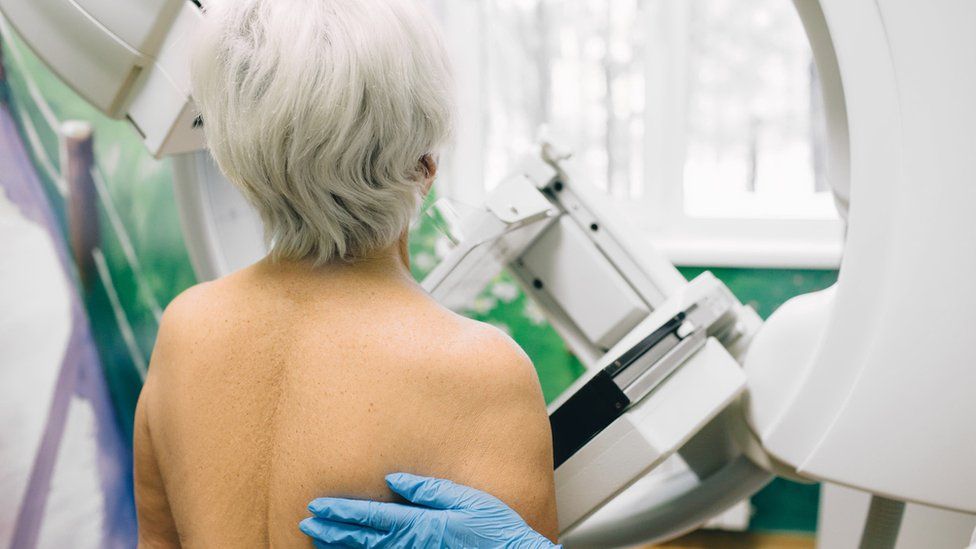Dietary supplements are a big business. The industry made almost US$39 billion in revenue[1] in 2022, and with very little regulation and oversight[2], it stands to keep growing.
The marketing of dietary supplements has been quite effective, with 77% of
 Being diagnosed with cancer during treatment for another condition is something many experience.
Being diagnosed with cancer during treatment for another condition is something many experience.